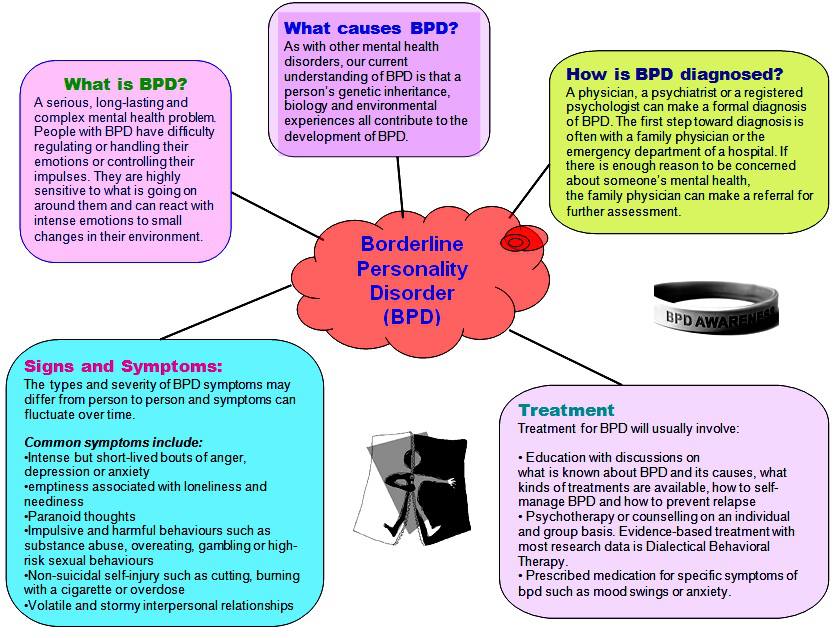Marriage and Family Therapist Holly Brown has written a spot on article about identifying and avoiding a long term relationship with a narcissist. If you are in a marriage with a narcissist, and need counsel as to how to end a marriage that is causing you and the children emotional suffering, contact our offices. Michael Roe is one of the country’s leading lawyer specialists on personality disorders and divorce. In the meantime, here are the signs of the narcissistic personality to be aware of:
How to Spot a Narcissist By Holly Brown, LMFT
A lot of people assume narcissists are easy to spot, that they talk obsessively about themselves, for example, or never seem to care what you have to say. Those are the obvious narcissists. This post is about the charming narcissists who can fly under the radar until you feel like you’re in too deep to get out.
 Illinois Divorce Lawyer Blog
Illinois Divorce Lawyer Blog


